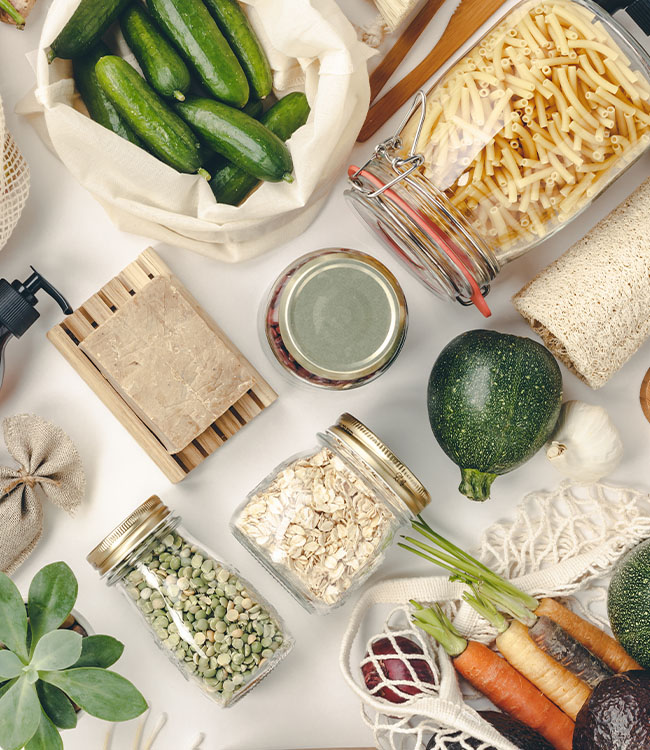Doing Veganuary what vitamin will you be missing?
‘Veganuary’, the campaign encouraging people to try a vegan diet for the month of January, has officially started. With 11% of UK consumers saying they have tried to follow a vegan diet and 31% of under 35s interested in trying the regime in the future, there is certainly scope for the initiative to really take off this year.
While the Veganuary website claims that all nutrients can be found “easily and are plentiful” in a vegan diet, it highlights one exception: vitamin B12. Meanwhile, the UK’s Vegan Society states that the only reliable vegan sources of vitamin B12 are foods fortified with B12 (such as some plant milks, some soy products and some breakfast cereals) and B12 supplements.
In Europe, demand for ‘natural nutrition’ is a challenge for producers of supplements and fortified or functional foods. Indeed, European consumers generally prefer to take their nutrients from food and drink that are naturally rich in nutrients, rather than from foods that contain added nutrients. However, consumers who believe their diet is lacking in nutrients are open to supplementing their diet with vitamins and minerals. Vegans are therefore a good target market for fortified foods and supplements, because at risk of having inadequate intakes of vitamin B12.
Vitamin B12 fortification in food and drink is an opportunity
Vitamin B12 occurs naturally in foods of animal origin such as dairy, meat, fish and eggs. Over the last six years, the percentage of food and drink product launches that list vitamin B12 on pack as a nutrient has remained static, but the rising popularity of veganism should spark interest in vitamin B12. At the moment, according to Mintel Global New Products Database (GNPD), just 25% of vegan dairy product launches* and 3% of vegan processed fish, meat and egg products globally featured vitamin B12 as a nutrient on-pack.
Consumers prefer naturally occuring added vitamins
It is possible to fortify many different product types with nutrients. However, consumers prefer to find an added nutrient in the same types of food and drink that the nutrient would naturally occur in. Therefore, plant-based dairy (such as soy yogurt) and meat substitutes (such as soy burgers) should be attractive homes for added vitamin B12.
* between September 2011 and August 2017

Emma is the Associate Director, Global Food Science, covering nutrition health and wellness, ingredients and additives, new trends, food labeling and regulation across all categories.
-
Discover your next big breakthroughGet smart fast with our exclusive market research reports, delivering the latest data, innovation, trends and strategic recommendations....View Reports
-
2026 Global PredictionsOur Predictions go beyond traditional trend analysis. Download to get the predictive intelligence and strategic framework to shape the future of your industry in 2026 and beyond. ...Download now
-
Are you after more tailored solutions to help drive Consumer Demand, Market Expansion or Innovation Strategy?Ask for a customised strategic solution from Mintel Consulting today....Find out more































